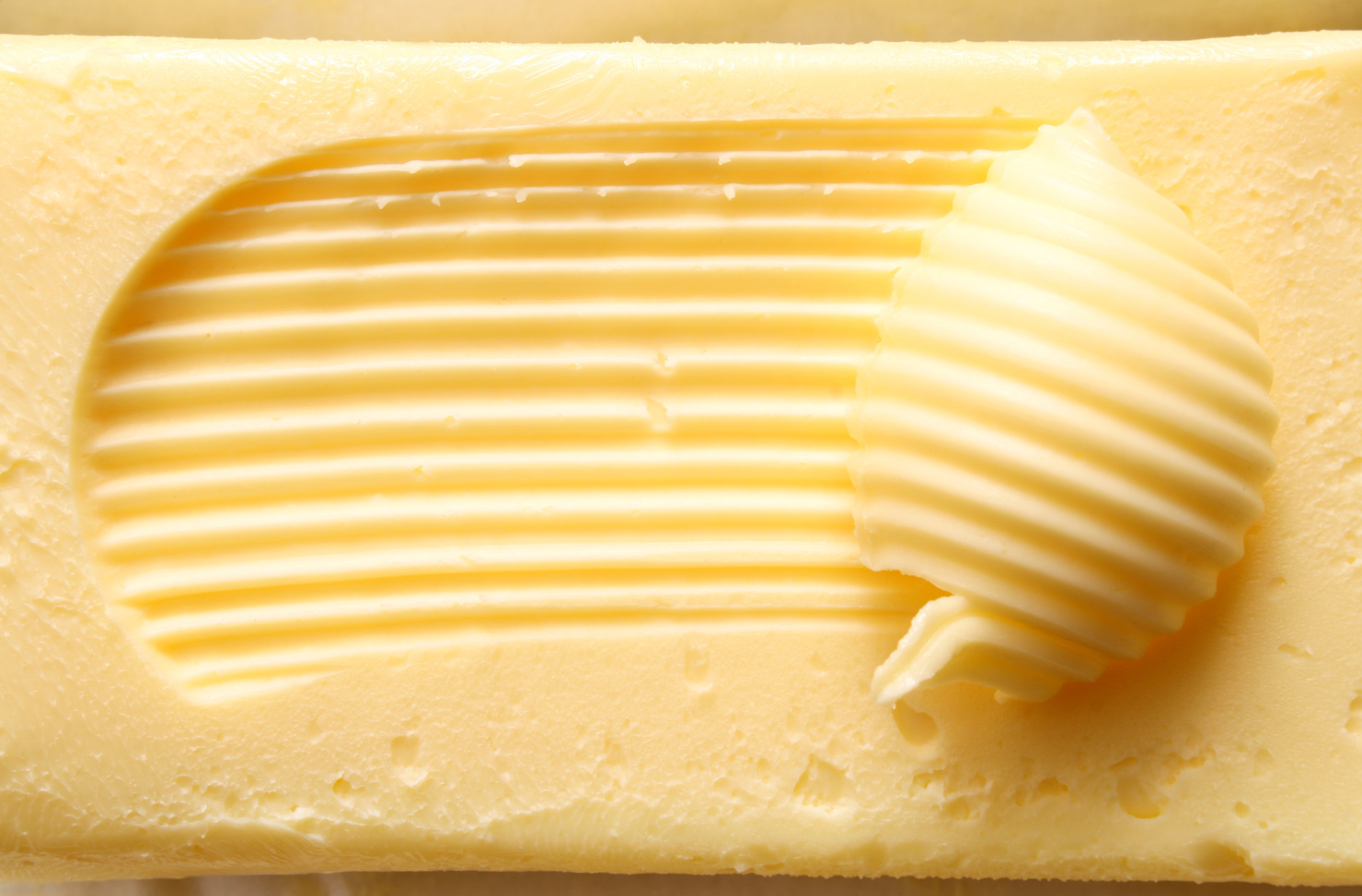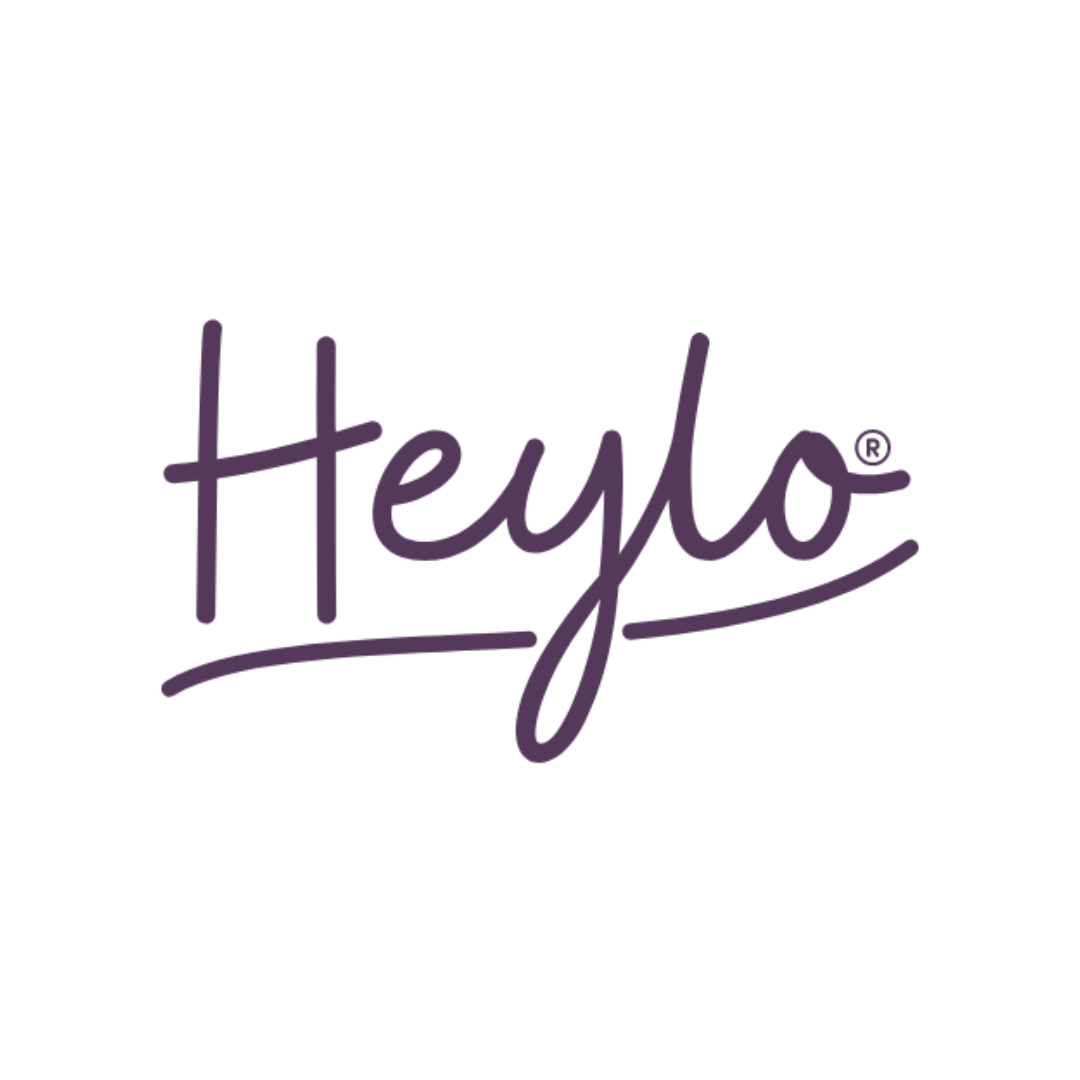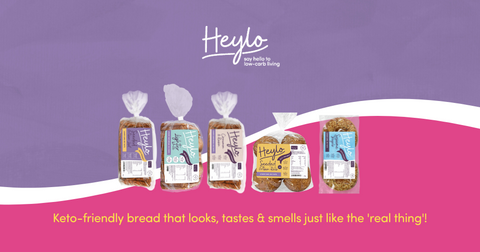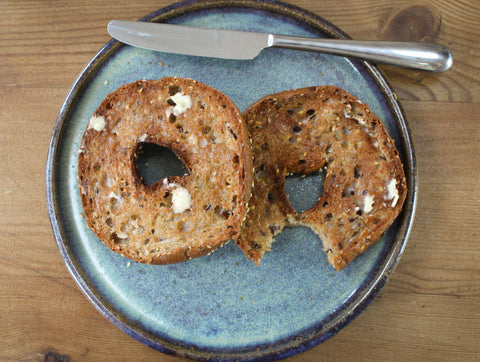
The best fats to eat on a keto diet.
When it comes to keto, fat is your friend!
Starting a keto diet might pose challenges in getting enough high-fat foods into your daily meals. Heylo’s low carb bread will certainly help with the staple-food side of things, but you are going to need more than just low-carb bread alone!
Fat plays a crucial role in achieving and maintaining ketosis, marking the initial step toward success by stocking your fridge with the right foods.
Keto: Which fats? How much?
But just how much fat should you consume on keto? What are the prime sources of fat? And how can you elevate fat intake without tipping the scales on protein or carbs?
This article aims to address these queries, offering insights into the top 8 high-fat keto foods crucial for your diet.
Can ketosis be sustained without consuming fat?
Put simply: No, it can’t. While a more casual low-carb diet might be sustainable, a strict keto diet will require regular fat consumption.
Ketones, essential for this dietary approach, derive from the breakdown of fatty acids in the liver. Inadequate fat intake leads to insufficient fatty acids for ketone production, resulting in starvation—unhealthy and unsustainable.
What occurs if fat intake is insufficient on keto? Trust us, maintaining high fat intake is crucial for your well-being as you embark on the keto diet.
This might seem unconventional to those influenced by the prevalent ‘low-fat’ trend in the 80s and 90s. However, high fat no longer equates to unhealthy. Elevating fat intake is pivotal for optimum results.
What happens if I don’t eat fat on keto?
Insufficient fat consumption on a keto diet could lead to various repercussions:
- Hunger and Cravings: Inadequate fat intake might lead to frequent hunger and cravings, particularly for carbs and sugar.
- Low Energy and Mood: Insufficient fat might result in feelings of fatigue, sluggishness, irritability, or depression due to decreased fuel for the body and brain.
- Muscle Loss: A lack of fat can lead to muscle loss, as fat aids in preserving muscle mass by sparing protein for energy.
- Hormonal Imbalance: Fat plays a role in hormone production and regulation; a shortage could disrupt hormonal balance, potentially causing issues like low libido, infertility, or skin problems.
- Digestive Issues: Insufficient fat can lead to digestive problems like constipation, bloating, or gallstones.
The top 8 high-fat keto foods crucial for your diet:
- Avocados: Rich in healthy monounsaturated fats, fibre, and various essential vitamins.
- Fish: Provides omega-3 fatty acids, protein, and vital nutrients supporting muscle mass and thyroid health.
- Free Range Eggs: Versatile and packed with essential nutrients, aiding metabolism and overall health.
- Grass-Fed Meat & Bone Broths: Excellent sources of fat and protein essential for muscle and bone health.
- Nuts & Seeds: High in fat and low in carbs, they offer multiple health benefits.
- Butter: A pure source of fat enhancing taste and gut health.
- Coconut: Versatile and packed with beneficial fats and nutrients.
- Olives/Olive Oil: High in healthy monounsaturated fats, aiding in cholesterol and insulin regulation.
To ensure adequate fat intake on keto, consider incorporating healthy oils in salads, opting for fatty cuts of meat, consuming nuts and seeds, and using avocados and coconut in various forms.
Remember, moderation is key, even on a keto diet. Carefully measure your intake to maintain the ideal balance for your body’s needs.
In conclusion, consuming enough healthy fats is vital for a successful and sustainable keto journey. Embrace natural, unprocessed, high-quality fats, and experiment with these diverse and satisfying keto-friendly foods. This approach not only supports your health but also enriches your culinary experiences on the keto diet.




